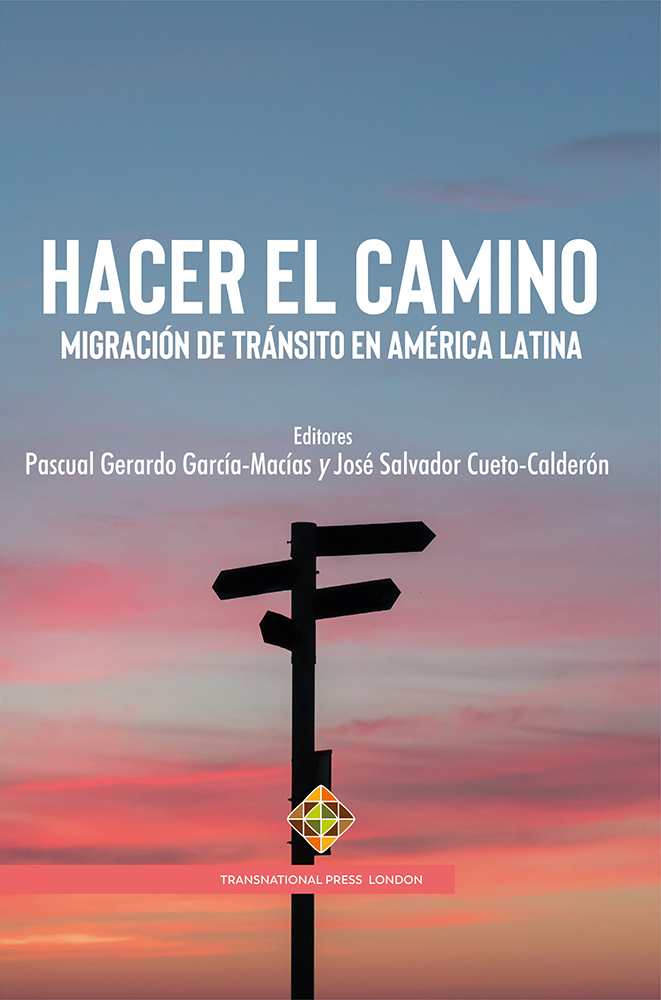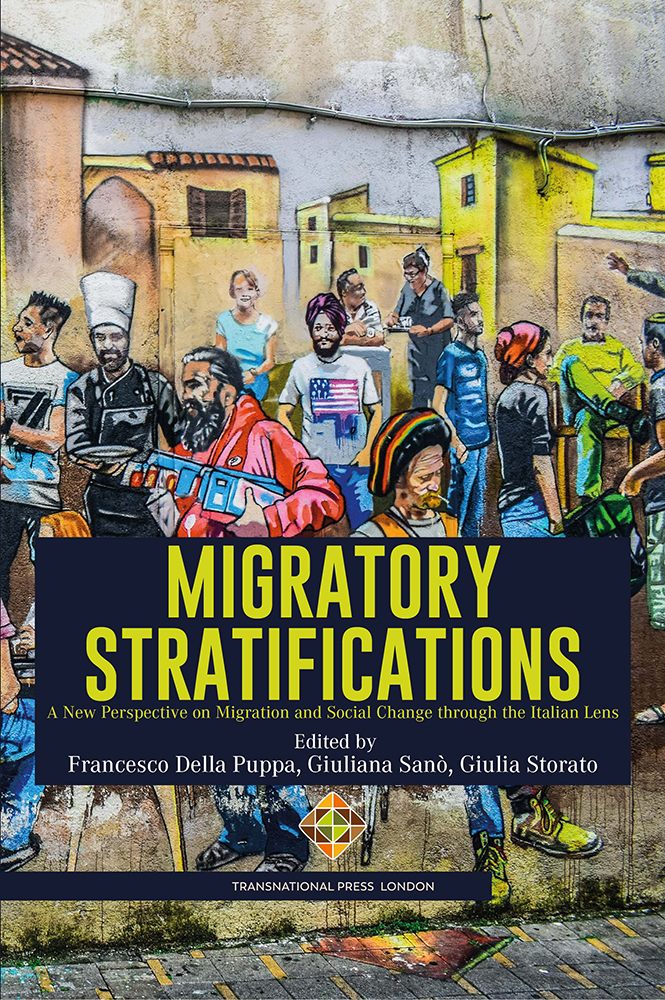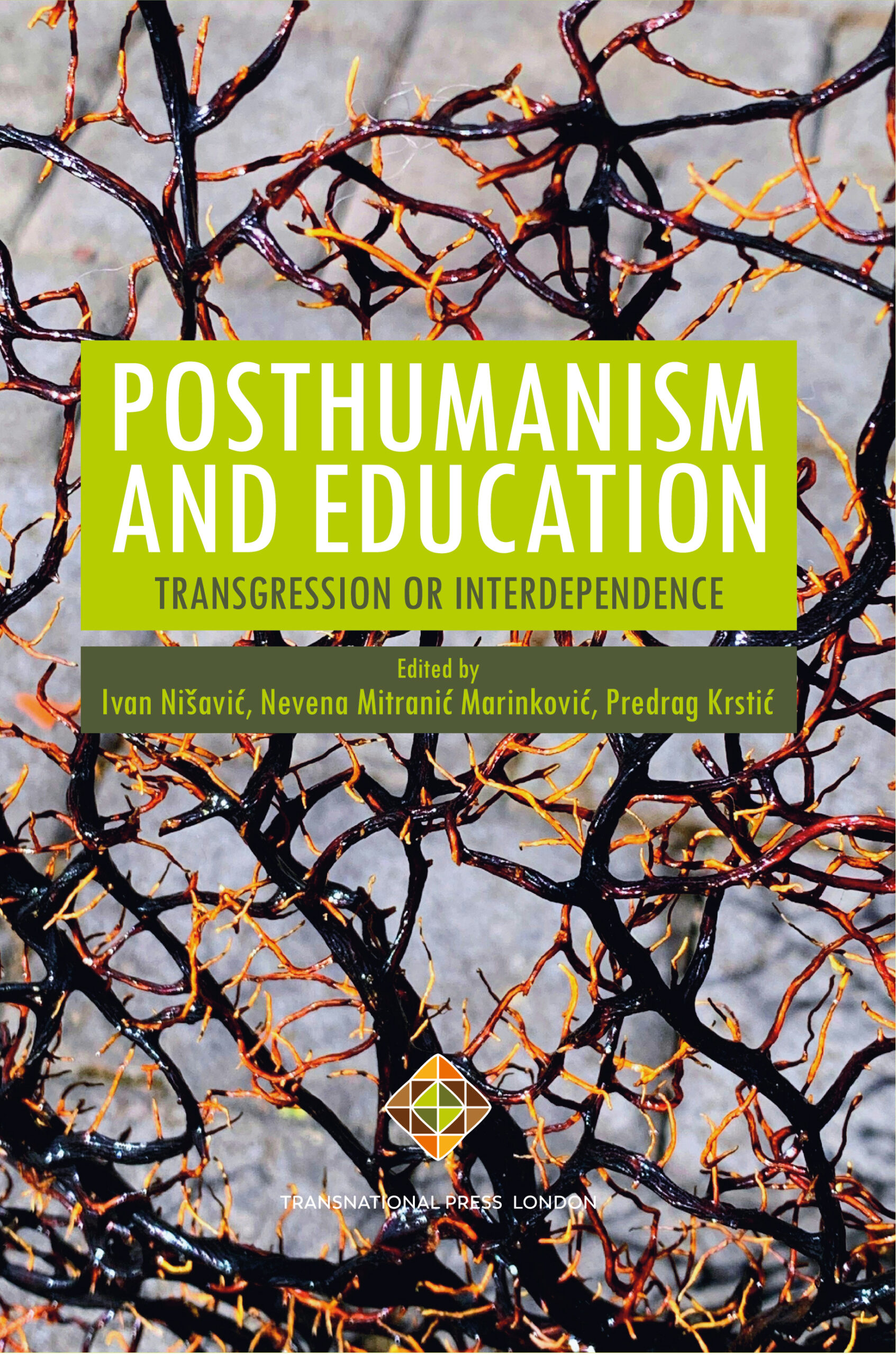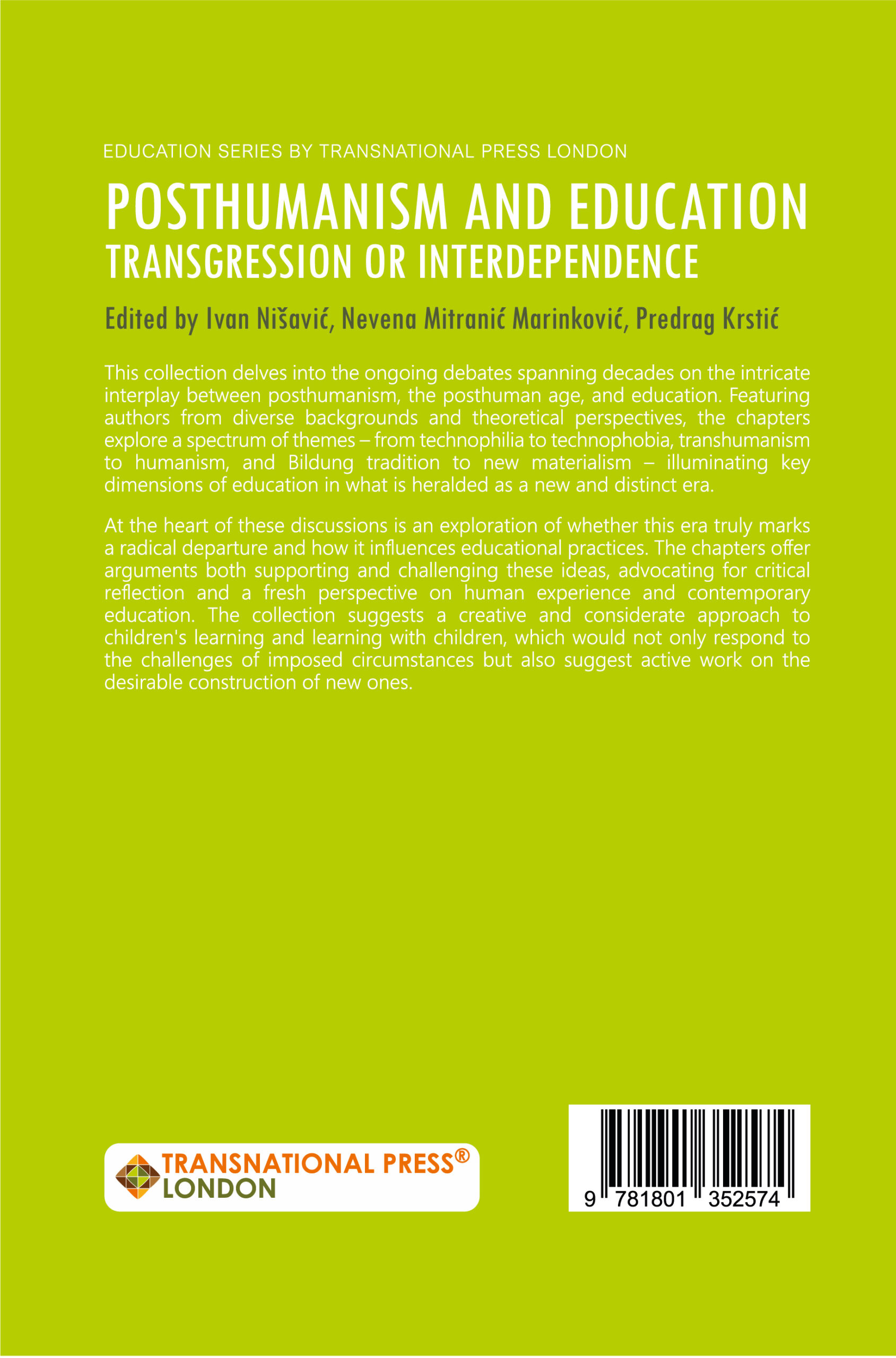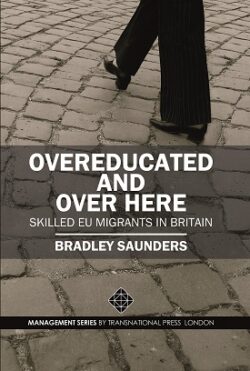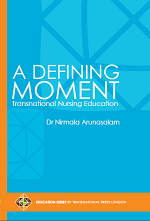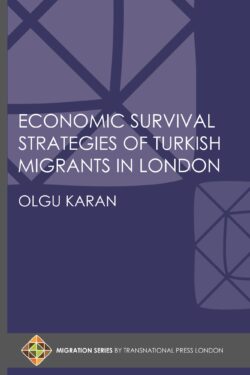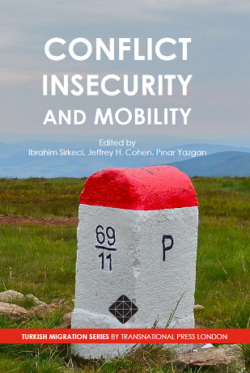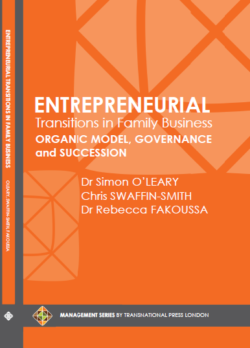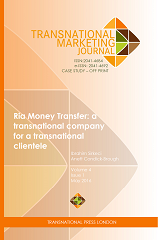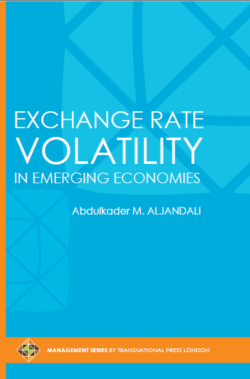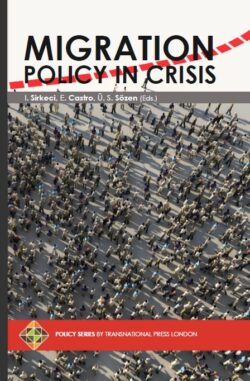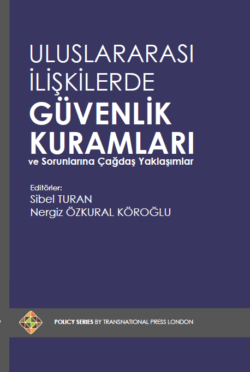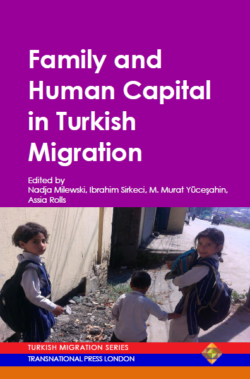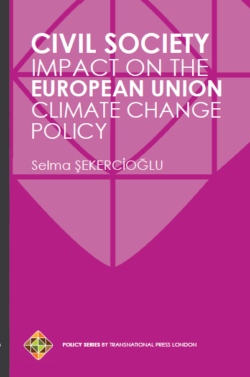Posthumanism and Education: Transgression or Interdependence
£24.50
Posthumanism and Education: Transgression or Interdependence Edited by Ivan Nišavić, Nevena Mitranić Marinković, Predrag Krstić | Published: 20 August 2024 [ Education Series: 4 ] | Paperback: ISBN: 978-1-80135-257-4 Buy from Amazon | Digital: ISBN: 978-1-80135-258-1 Read on Google Play | Read on Kindle | Read on CEEOL
Description
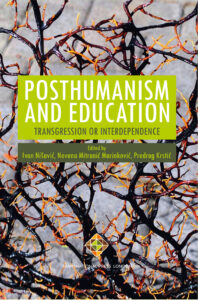
Posthumanism and Education: Transgression or Interdependence
Edited by Ivan Nišavić, Nevena Mitranić Marinković, Predrag Krstić
Published: 20 August 2024 [ Education Series: 4 ]
Paperback: ISBN: 978-1-80135-257-4 Buy from Amazon
Digital: ISBN: 978-1-80135-258-1 Read on Google Play | Read on Kindle | Read on CEEOL
This collection delves into the ongoing debates spanning decades on the intricate interplay between posthumanism, the posthuman age, and education. Featuring authors from diverse backgrounds and theoretical perspectives, the chapters explore a spectrum of themes – from technophilia to technophobia, transhumanism to humanism, and Bildung tradition to new materialism – illuminating key dimensions of education in what is heralded as a new and distinct era.
At the heart of these discussions is an exploration of whether this era truly marks a radical departure and how it influences educational practices. The chapters offer arguments both supporting and challenging these ideas, advocating for critical reflection and a fresh perspective on human experience and contemporary education. The collection suggests a creative and considerate approach to children’s learning and learning with children, which would not only respond to the challenges of imposed circumstances but also suggest active work on the desirable construction of new ones.
Contents
- About the Contributors
INSTEAD OF PREFACE
- CHAPTER 1. What We Talk About When We Talk About Humanism, Posthumanism, Anti-Humanism: Educational Perspectives – Ivan Nišavić
INSTEAD OF INTRODUCTION
- CHAPTER 2. Should Androids Go to School? – Predrag Krstić
THE FUTURE IS NOW
- CHAPTER 3. Cinema, Different Cyborgs, Accessibility and Convenience – Ioanna-Maria Stamati and Vasso Kapetanou
- CHAPTER 4. Ethics of Artificial Intelligence in Education – Jelena Ostojić
- CHAPTER 5. Offline Education and Its Immersive Potential: Memory, Postmemory, and History in the Informational Age – Dragana Stojanović
- CHAPTER 6. Education for Posteriority – Alberto Simonetti
MUCH ADO ABOUT NOTHING?
- CHAPTER 7. Critical Remarks About Posthumanism – Mark Losoncz
- CHAPTER 8. Nietzsche Contra Transhumanism – Miloš Agatonović
- CHAPTER 9. Historical Ontology and Critique of the Transhumanist Educational Consciousness – Marius Markuckas
- CHAPTER 10. The Notion of Empathy Between Humanism and Transhumanism – Milana Gajović
CHILD IN TIME?
- CHAPTER 11. Psychological ‘Normalcy’, Structure and Education – Aleksandar Fatić
- CHAPTER 12. Posthuman Quantum: The Case of Childhood wwwebs – Jelena Stojković
- CHAPTER 13. (A)Maze: Challenges and Potentials of Doing Diffraction in Educational Research – Nevena Mitranić Marinković
INSTEAD OF AFTERWORD
- CHAPTER 14. Should Humans Leave School? – Nevena Mitranić Marinković and Predrag Krstić
About the Contributors:
MILOŠ AGATONOVIĆ (1986) graduated from University of Belgrade in 2012 and earned his doctoral degree in 2017 with a dissertation on Nietzsche’s Ethics and Critique of Morality. He is a senior lecturer at The Academy of Applied Preschool Teaching and Health Studies. Agatonović’s work has been published by AI and Society (Springer Nature), Philosophy and Society (Institute of Philosophy and Social Science), Balkan Journal of Philosophy (Bulgarian Academy of Sciences), and Theoria (Serbian Philosophical Society). Agatonović’s research focuses on Nietzsche’s philosophy, ethics, philosophy of science, and philosophy of media.
ALEKSANDAR FATIC is a Behavioral Philosopher, professor and author. He is based at the Institute for Philosophy and Social Theory, University of Belgrade (www.ifdt.bg.ac.rs) and is Head Trainer for Modal Integrative Psychotherapists within the Institute for Practical Humanities in Belgrade (www.iph.edu.rs). His personal website, with all details of his publications and much more, is http://aleksandarfatic.net.
MILANA GAJOVIĆ graduated from the Department of Serbian Language and South Slavic Literature in Montenegro. She completed Master’s Degree at the Faculty of Philology in Belgrade (Serbia) and is currently studying for a doctorate degree at the Faculty of Philology in Belgrade. She is the recipient of various scholarships including scholarship awarded by the Republic of Serbia’s Ministry of Education, Science and Technological Development. As scholarship holder, she was working at the Institute for Philosophy and Social Theory in Belgrade. She has written several scientific papers in the field of literature and education.
VASSO KAPETANOU has more than thirty years of experience as a physical therapist, specialized in neurological development treatments including the renowned Bobath method. Her professional and research background is characterized by a strong interest in alternative therapies, particularly hippotherapy. She has a Master of Science degree in Adult Education from Hellenic Open University and she also works as an educator in Vocational Training Institutes.
PREDRAG KRSTIĆ is the Senior Research Fellow at the Institute for Philosophy and Social Theory, University of Belgrade, and PhD Professor at the Faculty of Media and Communications, Singidunum University, Belgrade. In addition to sixteen theoretical books and numerous articles, monographic studies and editorial contributions in academic publications, he is also the author of one novel and two books of poetry.
MARK LOSONCZ (1987) defended his PhD thesis at the University of Novi Sad with the title The Concept of Time in Bergson’s and Husserl’s Philosophy. He accomplished part of his doctoral research at École des hautes études en sciences sociales (EHESS) in Paris. As a postdoctoral researcher, he was the guest of the Institute of Ethics at Ludwig-Maximilians-Universität in Munich. He is a researcher at the University of Belgrade (Institute for Philosophy and Social Theory) since 2011. His research interest is ecstasy. He has published several works on the Hungarian minority community in Serbia. He is the author and/or editor of fifteen books. His works are published in English, French, German, Serbian/Croatian, Romanian, Slovenian and Hungarian.
MARIUS MARKUCKAS (b. 1986) completed his doctoral studies in Philosophy, defended his doctoral dissertation (The Idea of Transhumanism from the Perspective of Historical Ontology), and obtained his PhD at the Faculty of Philosophy, Vilnius University, in 2022. His main research interests lie in bioethics, transhumanism, posthumanism, social and political philosophy.
NEVENA MITRANIĆ MARINKOVIĆ has earned a PhD in Pedagogy and works as an Assistant Professor at the Department for Pedagogy and Andragogy, Faculty of Philosophy, University of Belgrade. In addition to teaching, she is continuously engaged in relevant national projects in the field of education, and has collaborated intensively with practitioners, children and youth. The area of her research is Early Childhood Education, but her main research interest is the importance of play. The long-established tradition of the Department’s understanding of play as a capacity of flexibility in action and the struggles of working with this understanding in the educational practice led her to the untamed fields of posthumanism, transcendental empiricism, relational ontologies and theories of affect.
IVAN NIŠAVIĆ is the Research Fellow at the Institute for Philosophy and Social Theory, University of Belgrade. He obtained his PhD at the Faculty of Philosophy, University of Belgrade. His research interest is mostly in antique philosophy, especially especially when it comes to epistemology, ethics and education of hellenistic period. Besides tens scientific papers, he published a book titled Nature, Soul and Happines: the Fundamentals of Epicurean Ethics (2022).
JELENA OSTOJIĆ obtained her BA and PhD in philosophy at the University of Belgrade. During her PhD studies, she volunteered as a teaching assistant at the Department of Philosophy, University of Belgrade, and attended two philosophy summer schools at the Central European University, Budapest. She has published several philosophy papers in peer-reviewed journals and conference proceedings and has given talks at numerous national and international conferences. Jelena has been working as a philosophy teacher at The Fourth Grammar School in Belgrade since 2011.
ALBERTO SIMONETTI is PHD Philosophy and Human Sciences. He studied at the University of Perugia, Firenze and Urbino. Among the publications: Follia e politica. Itinerari di antipsichiatria (deComporre 2014), L’insavio. Smarginature dell’esistenza tra Kant e Deleuze (Morlacchi 2016), La filosofia di Proust. Dalla parte di Deleuze, (Mimesis 2018), Il penultimo del pensiero. Gilles Deleuze storico della filosofia (Mimesis 2019), La talea della terra. Deleuze tra antropologia e nomadologia (Morlacchi 2022). In addition, he has written numerous articles of various topics published in many philosophical and cultural journals, crossing literature, art, poetry and philosophy, but also related to themes decisive around sexuality, the media and power, culture and femininity, ecology, ethics, ontology and its contemporary nodes.
IOANNA-MARIA STAMATI is a dedicated postgraduate student enrolled in the Joint M.A. program of “Semiotics, Culture, and Communication” at the Aristotle University of Thessaloniki. She obtained her undergraduate degree from the Department of Cultural Technology and Communication at the University of the Aegean, Greece. Ioanna’s academic pursuits extend beyond her studies, as she actively engages in independent research and serves as a teacher on Vocational Training Institutes. Her research interests encompass various areas, including the utilization of audiovisuals as educational and mnemonic tools, Semiotics, Gamification, and the captivating field of Posthumanism.
DRAGANA STOJANOVIĆ is an Associate professor at the Faculty of Media and Communications, and a Research fellow at the Institute for Philosophy and Social Theory in Belgrade. Her research involves memory studies, Holocaust studies, culture studies, art and media theory, as well as the topics within the fields of digitally oriented education, gamification, and informal education. She is actively publishing in these fields within academic and non-academic context, and she participated in a number of projects, round tables and conferences in the mentioned topic areas.
JELENA STOJKOVIĆ is a research assistant at the Institute for Educational Research in Belgrade and PhD student at the Faculty of Philosophy, University of Belgrade. Main focus of her doctoral dissertation is digital technology use in early childhood education. Focusing her research efforts on different conceptualizations and contextualizations, she aims to explore different discourses around this topic, as well as, the culture of digital technology use which materializes through many relationships in early childhood education.
Product Details:
ISBN (Print): 978-1-80135-257-4
ISBN (Digital): 978-1-80135-258-1
Series: Education Series
Publisher: Transnational Press London
Published: 20 August 2024
Language: English
Pages: 239
Binding: Paperback
Interior Ink: Black & white
Weight (approx.): 0.65 kg
Dimensions (approx.): 15cm wide x 23cm tall
Additional information
| Weight | 0.40 kg |
|---|---|
| Version | |
| Binding | Paperback |
| Interior Ink | Black and White |

